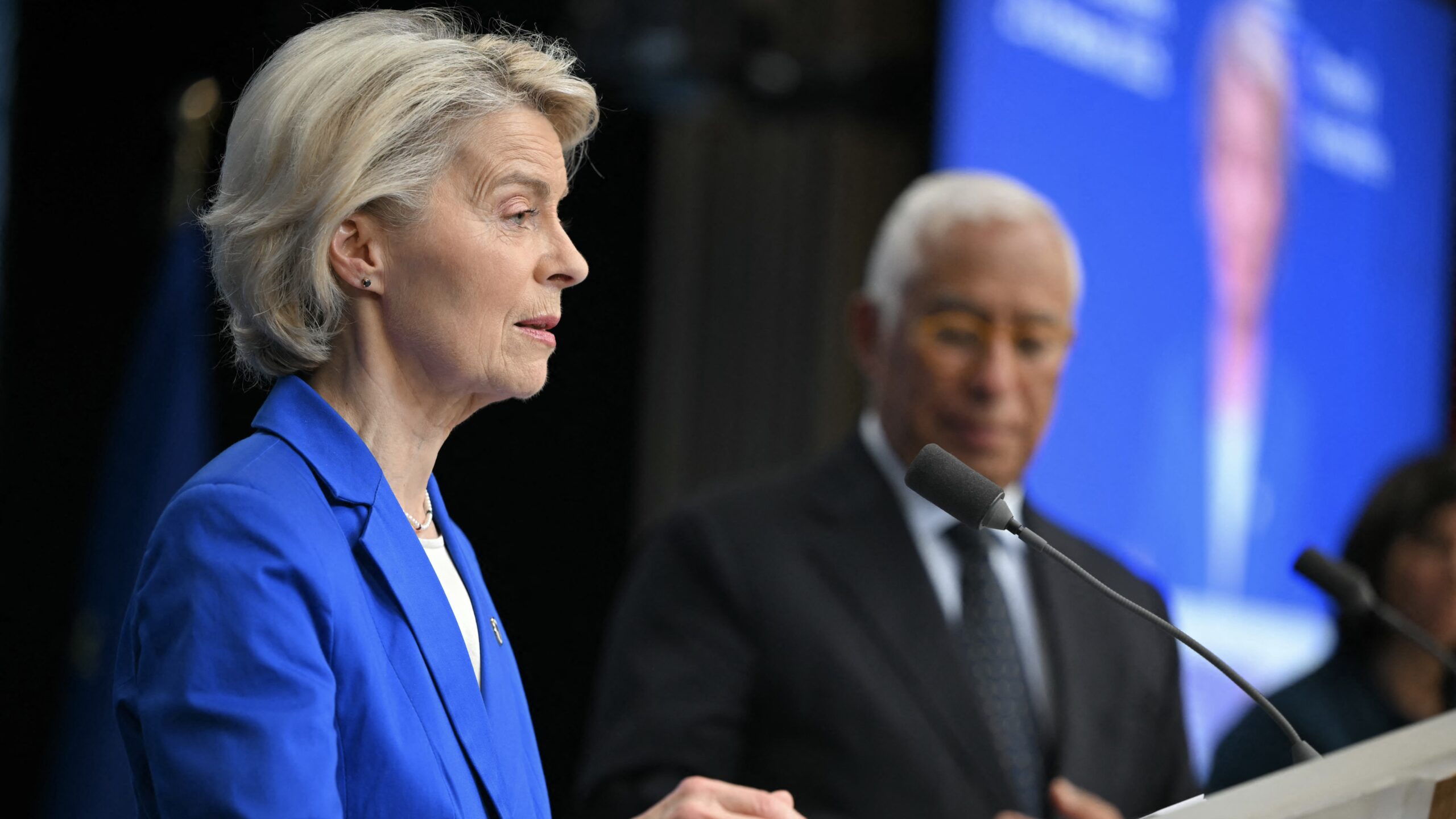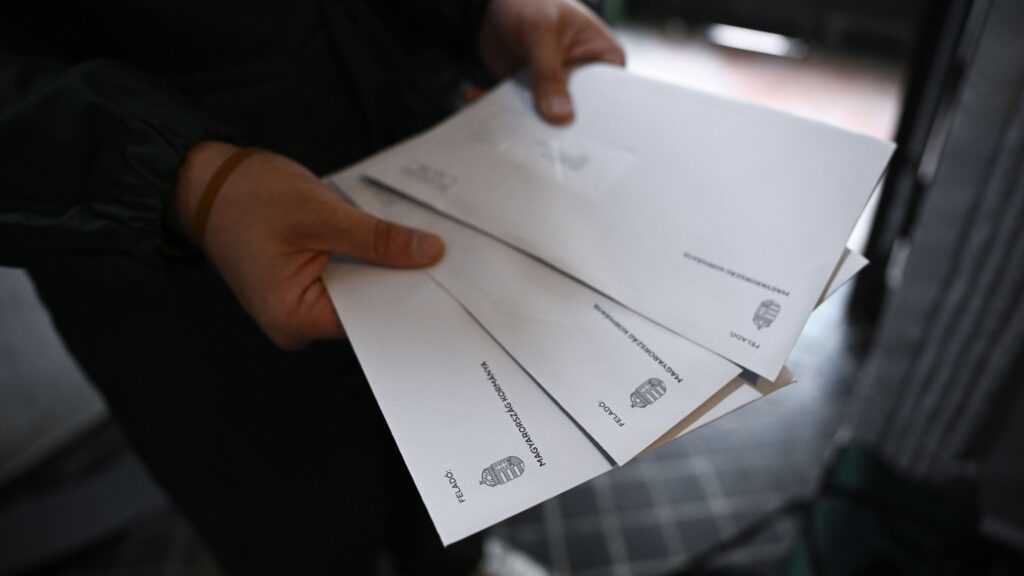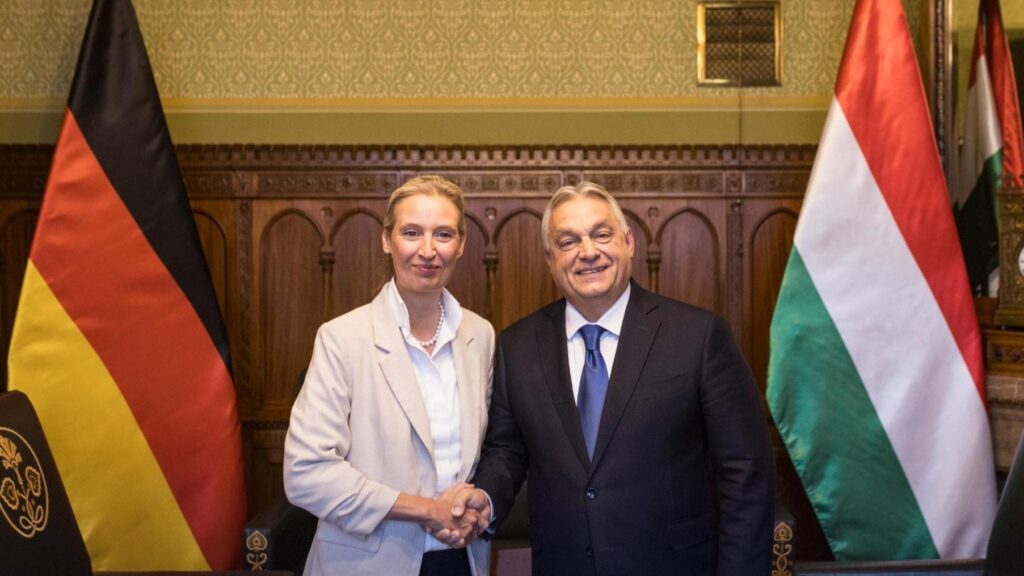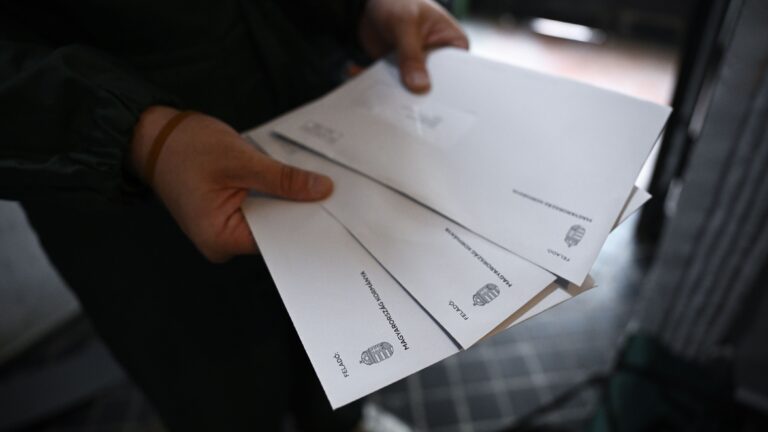European leaders gathered in tense circumstances on Thursday in Brussels. While Hungary celebrated the 1956 Revolution at home, heads of government and state from the 27 EU Member States gathered in Brussels on 23 October for a European Council meeting to discuss European affairs and to set out political guidelines for the EU. Just like in previous EUCO meetings, the Russian–Ukrainian war was on top of the agenda. In the first half of the meeting, Ukrainian President Zelenskyy also joined EU leaders at the table to campaign for more European support for Kyiv. And while the EU did approve a new sanctions package against Russia, no decisive agreement was reached on the 140 billion euros worth of reparations loan for Ukraine.
Sanctions — 19th Package Approved
Slovakia proved to be the most consistent opponent of Brussels’s new sanctions package, with Bratislava blocking plans for weeks. Eventually, on Wednesday evening, Slovakia did approve the 19th sanctions package, which can now go ahead. Slovakia dropped its opposition after the EU agreed to include references to high energy prices and the financial struggles of the European automotive sector in the European Council conclusions.
The 19th sanctions package includes the first-ever EU sanctions on Russian LNG, as well as further restrictions on Russian fossil fuel exports. According to this new package, Russian LNG now needs to be phased out by January 2027. In addition, the sanctions also target those—especially Chinese and Indian—companies that aid Russia to circumvent trade restrictions. These sanctions are similar to those adopted by the US just a couple of hours earlier—the first new sanctions package introduced against Russia under the Trump administration—which targeted the two largest oil firms of the Russian Federation, Rosneft and Lukoil.
Frozen Assets — No Agreement on Reparations Loan
The Russian central bank’s assets were immobilized by the EU in early 2022. The question of whether to use Russia’s frozen assets to aid Ukraine has been on the table since the early days of the war. About a month ago, in her State of the Union address, Ursula von der Leyen proposed to use these assets to provide Ukraine with a reparation loan. The Russian assets that could be transferred to Kyiv under this scheme would be ‘replaced’ with European ones so as to mitigate the financial and reputational risks of violating the sanctity of property rights. As part of the proposed reparation loan scheme, the European Commission would plan to finance Kyiv’s war effort with 140 billion euros.
Belgium, where most of these Russian assets are held (by the Belgian financial institution, Euroclear), is strongly resisting the European Commission’s push to use them. It fears not only repercussions from Russia, but also the capital markets losing trust, which could have long-term consequences on third countries’ willingness to invest and keep their assets in Belgium, or in Europe, indeed. Belgium’s Prime Minister Bart De Wever vowed to ‘do everything in his power’ to block the EU’s efforts, unless the country’s financial and legal concerns are addressed. ‘Even during the Second World War, immobilized assets were never touched’—reminded Brussels Prime Minister Bart De Wever.
Opposition to the reparation loan scheme was voiced by the Hungarian government, too, on similar grounds. Budapest emphasized that it will not support the use of frozen Russian assets unless it is certain that the repercussions from Moscow will not disproportionately hit the financial interests of Hungarian companies that still operate in Russia. In addition to Belgium and Hungary, Luxembourg and the European Central Bank also raised concerns about plans to use Russian immobilized assets as a reparations loan for Kyiv.
Budapest Peace Summit
The EUCO meeting took place only days after talks about a peace summit in Budapest with the participation of both the Russian and American presidents had intensified in the media. Budapest as a venue for US–Russian talks was discussed earlier during the summer as well, but once President Putin and Trump met in Alaska, some dismissed the discussions about the Budapest peace summit as mere rumours. In mid-October, however, President Trump himself announced that these were not rumours but that there are actual plans for him to meet his Russian counterpart in Hungary.
‘Even during the Second World War, immobilized assets were never touched’
Swiftly, however, European leaders reacted to the plans with fierce criticism, undermining the talks. EU High Representative for Foreign Affairs and Security Policy Kaja Kallas said it was ‘not nice’ that an EU Member State might host the Russian president. Joining the Estonian representative, Lithuanian Foreign Minister Kęstutis Budrys said: ‘The only place for Putin in Europe (is) in The Hague, in front of the tribunal, not in any of our capitals.’ Despite the opposition of some EU countries, Hungary is committed to organizing the summit as it believes peace can be achieved only through diplomacy.
In the media, some argued that plans for a Budapest peace summit were set aside as the Russian and American foreign ministers do not see eye to eye and postponed their bilateral meeting. The momentary disagreement between the two negotiating teams, however, does not mean that the planned meeting will not go ahead at all—the real question is when and not whether the summit will take place.
Related articles:







